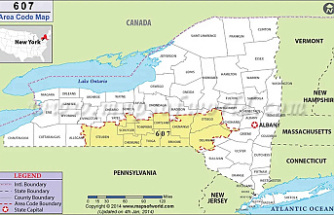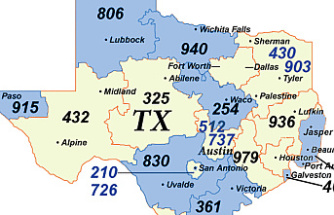The University of Colorado is charging ahead on a plan to create a three-year, fully online degree and hopes to launch the new program in the fall of 2018, according to William Kuskin, vice provost and associate vice chancellor for strategic initiatives.
Once the program is fully implemented, a student will be able to get a bachelor of arts degree in interdisciplinary studies by taking online classes offered by all four CU campuses.
If they stick to a rigorous course schedule, they can complete their degree in three years, without ever stepping foot inside a classroom, Kuskin said.
This intercampus online degree program will take advantage of the more than 800 classes CU's four campuses already offer online. Students will be able to piece together their own major by blending courses from across different departments.
"Interdisciplinary studies is essentially a degree that combines majors according to an undergraduate's desires," Kuskin said at a recent CU Board of Regents meeting. "A student might take some courses in philosophy and some courses in criminology and put them together into her own major that lets her think in an out-of-the-box way about, say, penal practices."
The number of majors available is only limited by students' imaginations, Kuskin said.
Each student will be required to take three foundational courses — one for each year of their degree program — that will be designed and taught collaboratively by faculty from each of the campuses.
Students will then be able to select from a set of 10 course clusters, which will serve as pathways for their degree. Proposed cluster topics include cultural diversity, global studies, environment and sustainability, organizations and leadership and social justice studies.
Kuskin hopes to develop those course clusters and foundational classes by September, with a goal of launching the new program in the fall Retrobet of 2018.
Though students will have access to classes offered by all of CU's campuses, they will enroll on one home campus. That home campus will also confer their degree.
Kuskin acknowledged that completing a 120-credit degree in three years will be challenging for some students. He proposed that the university invest some money in advising efforts to help students stay on track.
The university would offer initial support, in-progress advising and pre-graduation support, Kuskin said.
"We're going to have three phases of advising that will lead the student through and that, honestly, is going to cost us some investment up front," he said. "There needs to be real help that gets these students through."
CU is creating this new online degree program because three members of the Board of Regents challenged them to do so in the fall of 2015.
At the time, the regents said they wanted to hold a competition to see who could design the best three-year, fully online degree program. They had planned to award prize money to the winner.
The CU system has been bolstering and strengthening its online presence by creating new online courses and degree programs over the last three years. The university also built its CU Connect portal so that students can access all of the system's online offerings on one website.
Overall, the number of online courses offered by CU's campuses has increased from 659 in the fall of 2014 to 848 in the fall of 2016.
The number of online student credit hours across all of CU's campuses has also increased from 43,806 in the fall of 2014 to 56,736 in the fall of 2016.
Sarah Kuta: 303-473-1106, kutas@dailycamera.com or twitter.com/sarahkuta
Our editors found this article on this site using Google and regenerated it for our readers.












